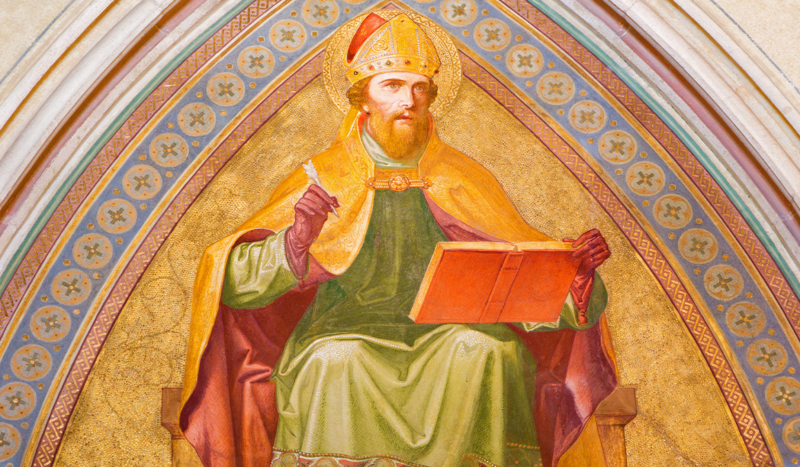
Adobe Stock
Pope Leo XIV calls himself “a son of St. Augustine.” According to Catholic apologist and author Mike Aquilina, that identity is more than symbolic — it defines the pope’s entire spiritual and theological outlook.
In a recent article for Angelus News, Aquilina explained that “Augustinian” applies to Pope Leo in two ways: He is a professed member of the Augustinian order, and he shares the intellectual and spiritual worldview shaped by St. Augustine of Hippo.
As Robert Prevost, he entered the Augustinians in 1978 and took solemn vows in 1981. As pope, he adopted a line from Augustine as his motto and quoted the saint in his first official address.
To understand the direction of Pope Leo’s papacy, Aquilina suggested looking to the life of the fourth-century bishop whose writings still influence Christian thought.
Born in the fourth century in North Africa, Augustine’s life was marked by restlessness, ambition, and eventually, dramatic conversion. He became bishop of Hippo, one of the most prolific writers in Church history, and a foundational thinker for Western Christianity.
“Such was Augustine’s genius,” Aquilina wrote, “that his thought became — without exaggeration — the Western Church’s spirituality at its most foundational.”
Aquilina outlined several defining traits of Augustinian spirituality that shape Pope Leo’s outlook: an emphasis on interior transformation, a deep commitment to community, a belief that creation is ordered toward God, and a theological approach rooted in Scripture and the authority of the Church.
Unlike purely introspective models of spirituality, Augustinian life is also profoundly relational.
“Augustine is introspective, but not introverted,” Aquilina observed.
He highlighted Augustine’s rare gift for friendship — another key to understanding his spirituality. Augustine’s companions followed him from youth into adulthood, across continents and through conversion.
“Apparently, they could not imagine a life without him,” Aquilina said.
He also noted that Augustine spirituality views human life as “a journey, a process of conversion, either toward God or away from him.”
“After quoting Augustine in his first blessing, Leo brought many of these themes together as he said, ‘In this sense, all of us can journey together toward the homeland that God has prepared for us,’” Aquilina wrote.
The Augustinian order itself emerged in the 13th century when smaller communities living by Augustine’s rule were brought together under one structure. Since then, its members have included major figures in theology and spirituality.
>> Pope Leo XIV makes history as first Augustinian pontiff <<

